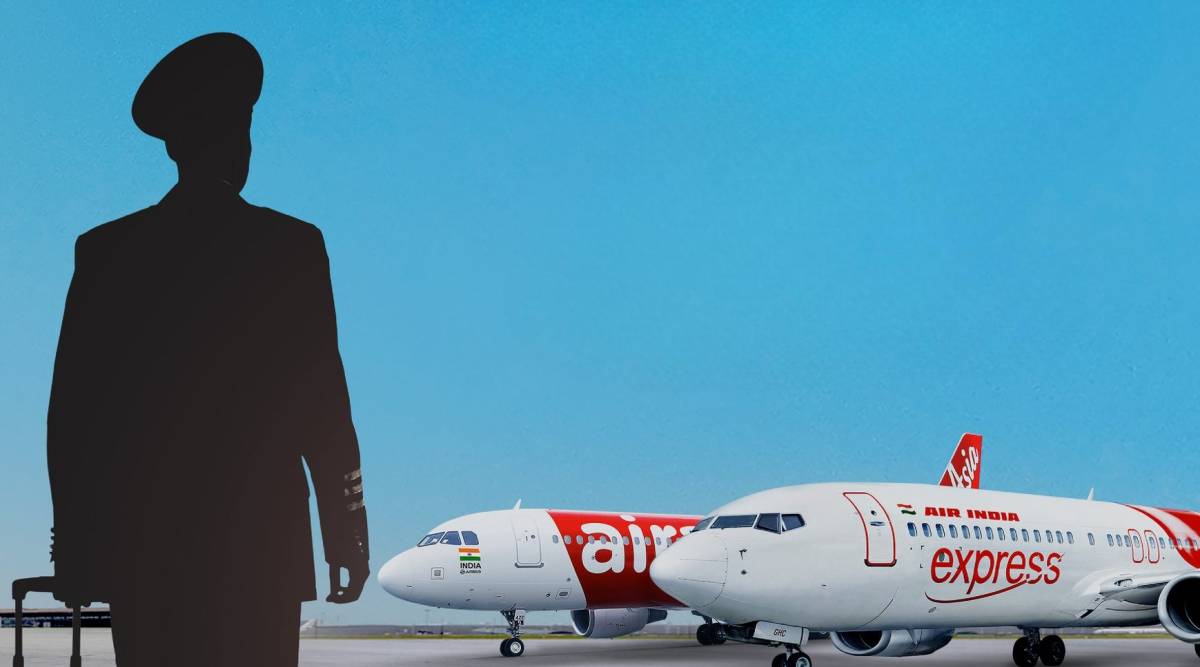Air India Express pilot dies after landing Delhi flight
Airline extends full support to pilot’s grieving family after tragic loss

DUBAI: In a tragic incident that has shaken the Indian aviation community, a 28-year-old Air India Express pilot died after suffering a cardiac arrest shortly after completing a domestic flight from Srinagar to New Delhi.
The incident took place on the evening of Wednesday, 9 April 2025, at Indira Gandhi International Airport (IGIA), according to initial reports.
The pilot, who had recently married, reportedly began feeling unwell immediately after landing the aircraft. After disembarking, he reached the airline’s dispatch office where his condition rapidly deteriorated. He collapsed on the spot and was rushed to a nearby hospital, where doctors declared him brought dead.
An Air India Express spokesperson confirmed the incident and issued a statement expressing deep sorrow: “We deeply regret the loss of a valued colleague due to a medical condition. Our thoughts are with the family during this time of profound grief.” The airline assured it was extending all necessary support to the bereaved family and cooperating with authorities on the matter.
Crew health standards
The sudden death of a commercial pilot has reignited concerns around the medical fitness of airline crew members, despite regular health checks mandated by aviation authorities. While cardiac arrests remain relatively rare among trained professionals in the sector, the incident has drawn attention to growing cases of sudden heart-related fatalities in young individuals in high-stress roles.
According to the Indian Heart Association, nearly 25 percent of heart attacks among Indian men occur under the age of 40, with 50 percent occurring before 50 – placing the country among the highest globally in premature cardiovascular cases.
Proposed duty reforms
The incident also comes amid discussions over pilot fatigue and health standards. In February, India’s Directorate General of Civil Aviation (DGCA) submitted revised Flight Duty Time Limitations (FDTL) proposals to the Delhi High Court, targeting implementation by July 2025.
The new regulations aim to increase mandatory weekly rest from 36 to 48 continuous hours, covering two local nights. Operators would also need to ensure no more than 168 hours elapse between rest periods, with rest provided at the pilot’s home or designated base. Further revisions propose limiting night flight duty to 10 hours, capping actual night flying time at eight hours, and reducing night landings from six to two.
The DGCA confirmed it is consulting stakeholders including airlines, pilot associations, and the civil aviation ministry to finalise the guidelines.